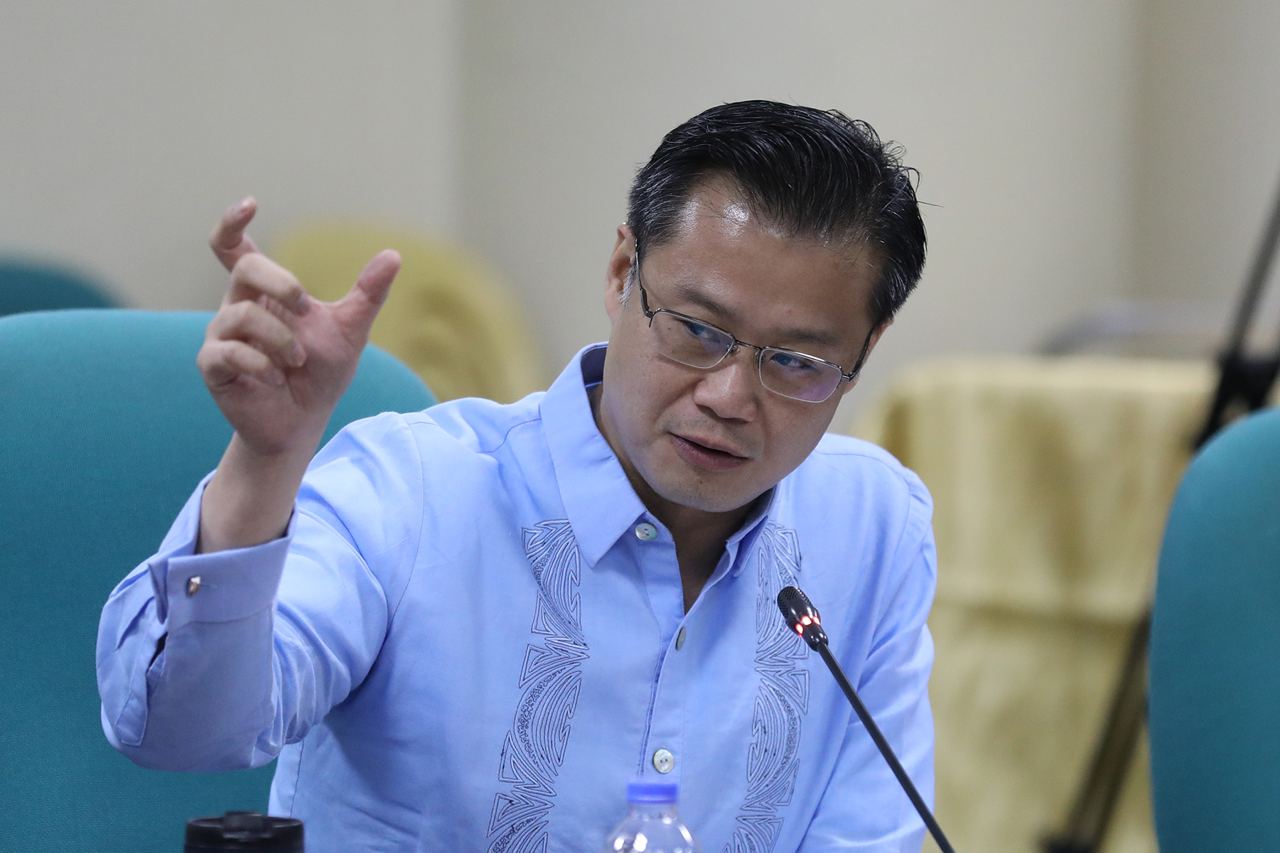Despite a slight improvement (+2.66 points) in the Philippines’ average performance in the 2022 round of the Programme for International Student Assessment (PISA), Senator Win Gatchalian emphasized that the government should not lose the urgency in stemming the country’s education crisis and accelerating learning recovery.

From 340 in 2018, the country’s 15-year-old learners scored 347 in 2022 for Reading Literacy. For Mathematical Literacy, the scores increased from 353 in 2018 to 355 in 2022, and for Scientific Literacy, from 357 in 2018 to 356 in 2022.
Analysis of learner-level data by the Organisation for Economic Co-operation and Development (OECD) reveals that the increases in Reading and Math scores among Filipino learners are not statistically significant, and the decrease in the Science score is also not statistically significant. In terms of ranking, the Philippines placed 76th out of 81 countries in Reading, 75th in Mathematics, and 79th in Science. While these results suggest that the learners did not regress despite the COVID-19 pandemic, Gatchalian emphasized that the changes in scores were not statistically significant.
Among Gatchalian’s proposed next steps are the intensification of the Department of Education’s (DepEd) learning recovery programs and the enactment of the ARAL Program Act (Senate Bill No. 1604). He has been advocating for the swift passage of the ARAL Bill, which the Senate has already approved on third and final reading last March. The proposed measure seeks to address pandemic-related learning loss and ensure that learners have access to well-designed remediation plans. Gatchalian is eyeing a budget of P10 billion for the rollout of academic recovery.
“Patuloy dapat nating tutukan ang pagbangon ng sektor ng edukasyon mula sa pandemya ng COVID-19 na nagdulot ng krisis. Marami pa tayong mga repormang isusulong upang matiyak ang dekalidad na edukasyon sa bawat kabataang Pilipino,” said Gatchalian, Chairperson of the Senate Committee on Basic Education.
Gatchalian also pressed for the effective implementation of reforms that were introduced after the 2018 round of PISA. One of these is the Excellence in Teacher Education Act (Republic Act No. 11713), which seeks to improve the quality of teacher education and training. Another reform is the recently launched MATATAG K to 10 curriculum, which is expected to focus on strengthening foundational skills such as literacy and numeracy.


